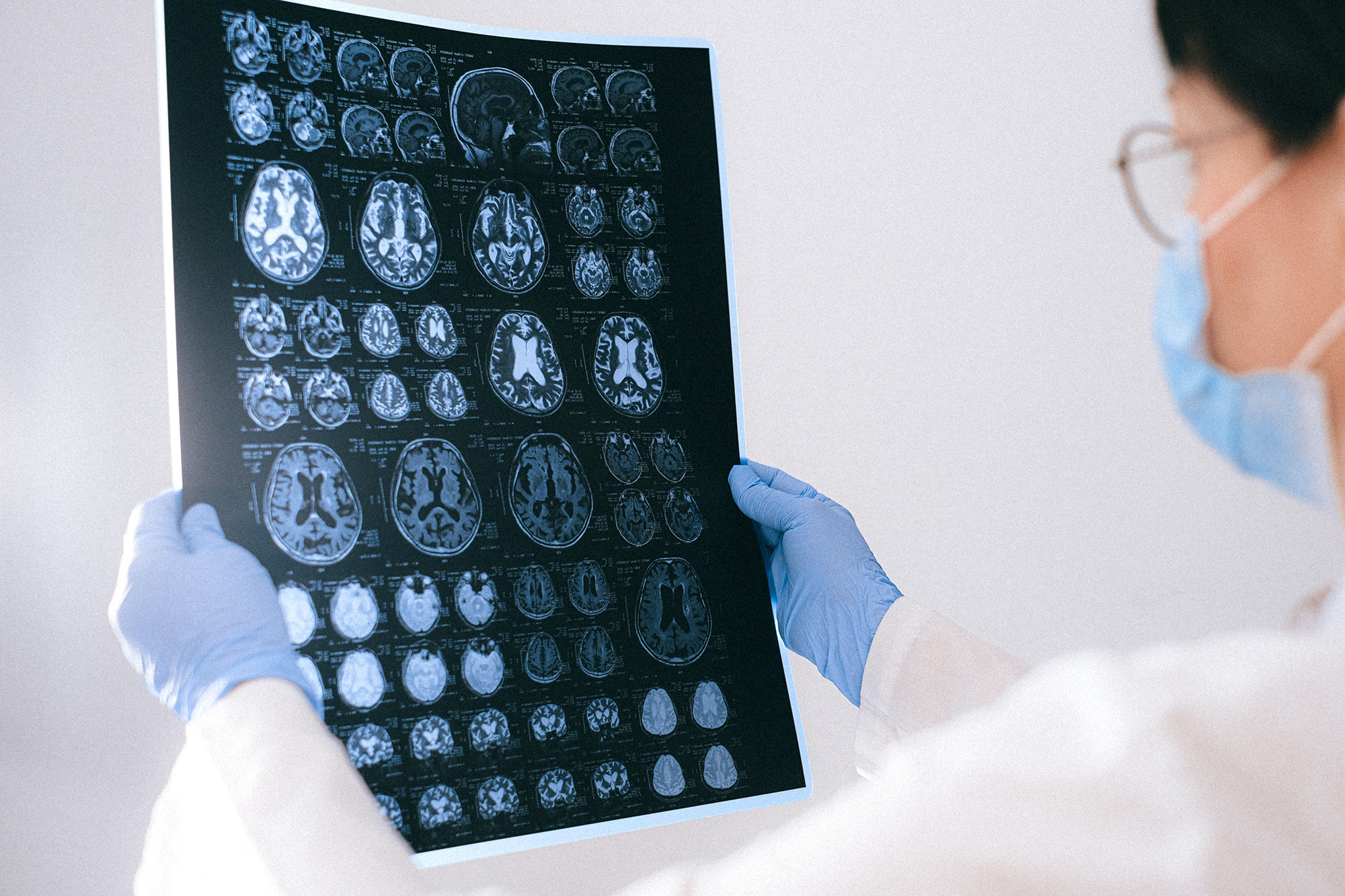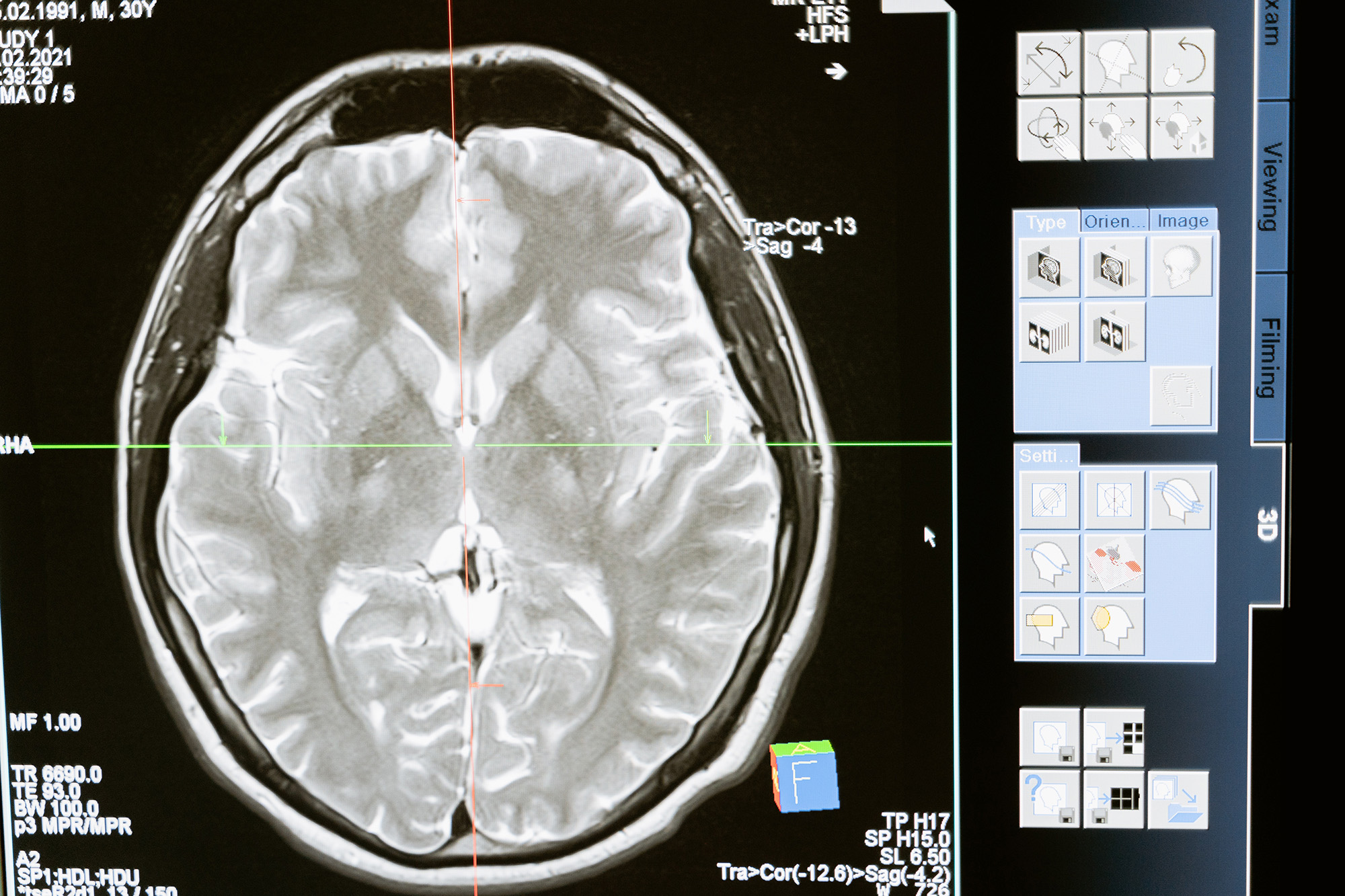Traumatic brain injury (TBI) is a severe medical condition that affects millions of people worldwide. It occurs when an external force causes damage to the brain, leading to a range of physical, cognitive, and emotional impairments.
Introduction
Caring for someone with an acquired brain injury (ABI) can be a challenging and overwhelming experience. Whether it’s a result of a traumatic accident, stroke, or other medical conditions, ABI can significantly impact an individual’s cognitive, physical, and emotional functioning. In this blog post, we will discuss important considerations and practical tips to help you provide the best possible care and support for your loved one with an acquired brain injury.
Understanding Acquired Brain Injury
Acquired brain injury refers to any damage to the brain that occurs after birth, often resulting from external factors such as accidents, infections, tumours, or strokes. It is important to recognize that each person’s ABI experience is unique, and the effects can vary widely depending on the severity and location of the injury. Common challenges individuals with ABI may face include difficulties with memory, attention, communication, mobility, and emotional regulation.
Creating a Supportive Environment
Creating a supportive environment is crucial for individuals with ABI to thrive and maximise their potential. Here are some essential strategies to consider:
- Establish a routine: Maintaining a consistent daily routine can provide stability and reduce anxiety for individuals with ABI. Create a schedule that incorporates regular meal times, therapy sessions, and leisure activities, while allowing for flexibility and rest.
- Simplify the environment: Minimise clutter and distractions in the living space to help reduce sensory overload. Ensure that pathways are clear and well-lit to promote safety and independence.
- Promote effective communication: Communication difficulties are common in individuals with ABI. Practise patience, use clear and concise language, and allow for extra time for processing information. Utilise visual aids, gestures, and technology-assisted communication tools to facilitate effective communication.
- Encourage independence: Encouraging independence can help individuals regain their confidence and sense of self. Provide opportunities for them to participate in daily activities, such as dressing, grooming, and meal preparation, while offering appropriate support and assistance when needed.
Physical Care and Rehabilitation
Physical care and rehabilitation play a vital role in the recovery and overall well-being of individuals with ABI. Here are some key considerations:
- Collaborate with healthcare professionals: Work closely with healthcare professionals, such as doctors, therapists, and rehabilitation specialists, to develop a comprehensive care plan tailored to your loved one’s specific needs. Regular follow-up appointments are essential to monitor progress and make necessary adjustments.
- . Support mobility and exercise: Depending on the extent of the injury, individuals with ABI may experience difficulties with mobility. Encourage regular exercise, as appropriate, to improve strength, balance, and coordination. Assistive devices, such as wheelchairs or walkers, may be necessary to enhance mobility.
- Ensure safety: Due to impaired judgement and increased risk-taking behaviour, safety precautions are crucial. Install safety features in the living environment, such as handrails, grab bars, and non-slip mats. Supervise activities that involve potential risks, such as cooking or using sharp objects.
Emotional Support
Caring for someone with an ABI can be emotionally demanding for both the caregiver and the individual. Here are some strategies to provide emotional support:
- . Be empathetic: Show understanding and empathy towards the emotional struggles your loved one may experience. Validate their feelings and provide a safe space for them to express their emotions.
- Seek support: Caregiving can be emotionally challenging, and it is important to prioritise your own well-being. Seek support from friends, support groups, or counselling services to help you navigate the emotional journey.
Conclusion
Caring for someone with an acquired brain injury requires patience, understanding, and adaptability. By creating a supportive environment, providing physical care and rehabilitation, and offering emotional support, you can make a significant difference in the lives of individuals with ABI. Remember, small acts of kindness and consistent support can go a long way in helping them regain independence and improve their quality of life.
If you’d like to consider additional support for ABI, contact our friendly team who are here to help you.



